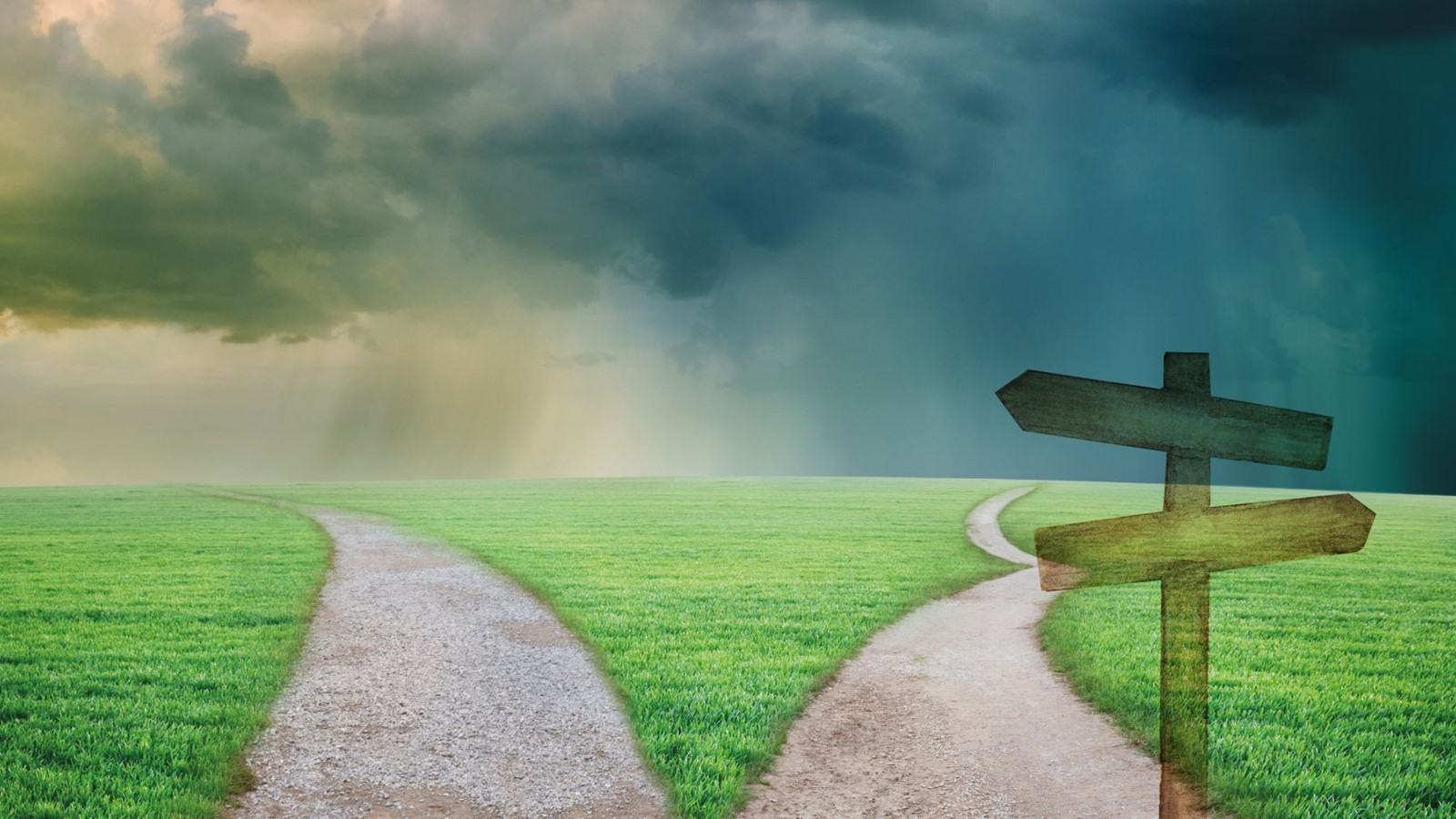Perhaps it was facing a new decade that sparked a desire to revisit the place of hope in my life and work? Or maybe it was a feeling of being under-resourced in hope, having journeyed through daunting personal and societal challenges over the last 12 months? Or a spiritual prompting, having woken from a dream with the melody of the gospel song, Whispering hope,1 echoing in my soul? Whatever the impetus, the pursuit began.
My perspective on hope has been influenced by Gabriel Marcel’s tenet that ‘Hope is nothing but the active struggle against despair’.2 I would like to suggest to Marcel that he could also include another perspective: hope is an active struggle with despair. My life and experiences with clients have often borne witness to the experience of hope in hibernation and hopelessness holding sway. At such times, we risk entering the cave of despair to kiss the dark and await the whisper of hope and promise of a better day.
In researching the theme of hope, I recalled a talk given by Dr John Prysor-Jones at BACP Spirituality's Working with Soul conference in Cardiff in 2017.3 His exploration of the nature and characteristics of hope proved helpful at the time, and revisiting them led to further insights. Hope seems to be a universal phenomenon, an expression of a spiritual need, which Marcel describes as being ‘…for the soul what breathing is for the living organism’.4 Hope sits between faith and love. It is both a verb and a noun – growing, rising, energising – and is most often recognised in how it moves and uplifts us. In a recent article, Dr Rachel Clarke, author of Breathtaking: inside the NHS in a time of pandemic,5 describes movingly how hope emerges in her active struggle with despair in the hospital where she works:
‘My heart lifts. I feel hope flicker. For however bleak the times, however grim our prospects seem, human kindness finds a shape and form: it will not be locked down. All across the hospital, you see it. In the tiny crocheted crimson hearts, made by locals for patients and delivered in their scores so that no one feels alone. In the piles of donated pizzas, devoured at night by ravenous staff. In the homemade scrubs, whipped up by an unstoppable army of self-isolating grandmothers whose choice in fabrics is fearlessly floral. In the nurses and carers and porters and cleaners who keep on, despite everything, smiling. I may be tired and angry and sometimes mad with grief, but every single day at work, I see more kindness, more sweetness, more compassion, more courage, more resilience, more steel, more diamond-plated love than you could ever, ever imagine. And this means more and lasts more than anything else, and it cannot be stolen by Covid.’6
Next in this issue
By doing the little things well, we cultivate habits of hope and connect to the wider community of copers and hopers who show solidarity with the shaken and face down despair. Heroes and heroines of hope can turn up in unexpected ways and places and impart a gift. I had this experience during a recent creative, quiet day when I encountered a new hero of hope in the artist Henri Matisse. In his 84 years, he endured long periods of illness, personal setbacks and family tragedy. Out of these times of confinement,
disappointment and despair, the virtues of patience, perseverance and courage were forged, along with new life directions and spurts of great creativity. The crowning achievement of his artistic life was the Chapelle du Rosaire in Vence, France, which he completed in the final years of his life. Even entering this sacred space virtually, I found myself enveloped by the light play of hope. It dazzled forth from the tree of life window onto the stick-like figures of suffering. Each colour whispered gently and powerfully that hope can triumph over despair.7 A visit to Vence has now been added to my bucket list.
Hope is whispering too through the BACP Spirituality division, with the launch of our student spirituality network group in February and new Executive members joining the team in April. Our network groups continue to meet regularly on Zoom and are well attended. Members report that they are both supportive and inspiring. If you haven’t been to one yet, or for a while, then why not consider coming along? See BACP Spirituality events for further information.
What whispers of hope have you been hearing and responding to in your life or in your work with clients? We’d love to hear about them. Please do get in touch with me, or with Amy McCormack, our editor, if you’d like to share.
References
1 https://www.youtube.com/watch?v=4 FcFicpeyZA (accessed 11 February 2021).
2 Marcel G. The Philosophy of existentialism. New Jersey: Citadel Press; 1956.
3 Prysor-Jones J. Exploring hope: an experience of soul in counselling. https://www.bacp.co.uk/ cpd/cpd-hub/spirituality/hope-an-experienceof-soul/ (accessed 11 February 2020).
4 Marcel G. Homo viator: introduction to the metaphysic of hope. Indiana: St Augustines Press; 2010.
5 Clarke R. Breathtaking: inside the NHS in a time of pandemic. London: Little, Brown; 2021.
6 Clarke R. 'I’ve been called Satan': Dr Rachel Clarke on facing abuse in the Covid crisis. The Guardian 2021; 6 February. https://www. theguardian.com/books/2021/feb/06/ ive-been-called-satan-dr-rachel-clarke-onfacing-abuse-in-the-covid-crisis (accessed 11 February 2020).
7 Matisse Chapelle du Rosaire. https://www. youtube.com/watch?v=AsDh5WdZLEo (accessed 8 February 2021).
